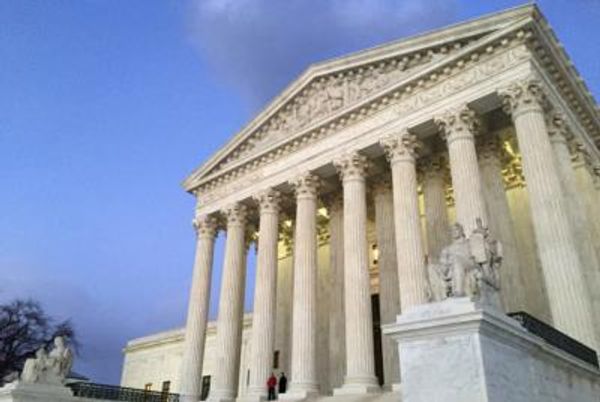
A week before the UK’s first coronavirus lockdown, a lab worker at Aneurin Bevan University Health Board in Newport was screening nose and throat swabs from an intensive care patient. The paperwork carried no clinical details and the swabs were not double-bagged to indicate high risk. As such, the work was done on an open bench. But the swabs were more dangerous than thought. It later emerged that they came from a patient who was fighting for their life with Covid.
The incident in March 2020 was among the first of dozens of mishaps, blunders and failures involving Covid that the Health and Safety Executive (HSE) investigated over the course of the pandemic. With so many labs, hospitals, universities and test centres handling the virus, such incidents came as no surprise.
Two blunders at the Royal Wolverhampton hospitals NHS trust in April 2020 were typical of incidents early in the pandemic. Covid samples from infected patients were knocked off racks into lab areas where staff were working. “Whilst no actual harm occurred, the consequences of the incidents could potentially have been more serious,” the HSE found.
A month later, a scientist at Public Health England’s Porton Down laboratory was bitten on the forearm while scooping a Covid-infected ferret from its cage. On removing their PPE and protective suit, the researcher noticed the bite had drawn blood. They showered to clean the wound and on advice from the on-call medic, went home to self-isolate and monitor the wound.
The HSE met with Public Health England in April 2021, 11 months after the ferret incident, and reported “significant progress” at Porton Down, but managers at the site acknowledged “a substantial amount of work that remains outstanding”. The same day, the lab received an enforcement letter from the HSE about a January 2021 mix-up over Covid samples, which led to scientists pipetting live virus on the lab bench, believing it had been killed.
PHE was not the only government agency brought up on safety concerns. One Sunday morning in November 2020, a staff member at the National Institute for Biological Standards and Control, operated by the UK’s Medicines and Healthcare products Regulatory Agency, found that a room housing Covid-infected marmosets and hamsters had flooded. The water, pouring from a hose left on in a sink, was a few inches deep but had not entered the animals’ cages. Some of the water was collected and poured down the sink, without being disinfected first.
According to HSE reports, the flood spread to the neighbouring corridor and leaked into the office below. There, staff in full PPE and breathing equipment quickly covered electrical equipment and bagged up damaged ceiling tiles. The remaining wastewater was disinfected and poured down the drain. “Whilst it cannot be fully concluded whether or not live virus might have [been] present in the leaked water, the likelihood appears to be minimal,” the HSE concluded.
To meet the massive demand for Covid tests, the government swiftly created and staffed its Lighthouse laboratories, which ran millions of PCR tests each week. The HSE reports highlight numerous times when samples were spilled on technicians or found to have leaked, with whole trays of test samples sometimes dropped or knocked over.
A week before Christmas in 2020, as the Alpha variant was fuelling the UK’s deadliest wave of Covid, the Milton Keynes lab was ordered, at the last minute, to divert more than 3,000 samples to the Alderley Park Lighthouse lab in Cheshire. Without proper “mediboxes” to package them in, staff secured the samples in waterproof wrap and sent them off in a transport cage.
“The decision was made in an effort to salvage specimens for testing, rather than discarding and not testing 3,000 plus patients,” the HSE report notes. But staff at Alderley Park were not impressed and considered it a breach of transport regulations. “Luckily no leaked or damaged samples were detected,” they told the investigation.
Further incidents highlighted problems with home test kits. Some swabs failed to snap in the right place, meaning people had to force them into sample tubes before closing the lids. On being opened at Lighthouse labs, these sprang out and sometimes splattered PPE-clad technicians. Robots had their moments too. At the Leamington Spa Lighthouse lab in July 2021, a robot flicked a swab out of a containment cabinet and on to the floor, prompting a swift evacuation until a spillage team arrived.
In spring 2021, the Department of Health was rolling out an alternative to PCR known as the Lamp test. A lab run by the UK Health Security Agency and Manchester University NHS foundation trust was having problems with the test and hosted an expert from the University of Central Lancashire to help troubleshoot. After running tests on what were thought to be harmless control samples, it emerged that two were Covid-positive saliva. Because the work had been done without appropriate precautions, all five people in the room, including a member of the Department of Health’s “Tiger Team” were sent home to self-isolate.







